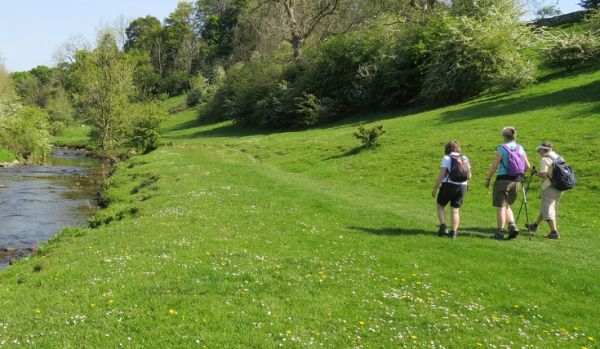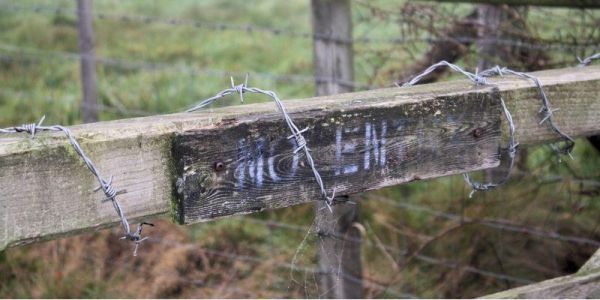Government accused of neglecting the public’s access to nature, 25 years on from landmark legislation
_0.jpg?itok=EBeNGDyH)
On the 25th anniversary of the Countryside and Rights of Way (CROW) Act – landmark legislation that expanded public access to the countryside in England and Wales – the Ramblers has criticised the UK Government’s failure to build on its legacy.
In an open letter, Britain’s walking charity expresses alarm that the Government has failed to make meaningful progress on its pre-election promise to improve access to nature in England, despite being a quarter of the way through its parliamentary term.
The letter states that this failure to act is negatively impacting the daily lives of millions of people, and sets the current Labour government in stark contrast to its predecessors.
Ross Maloney, Chief Executive of the Ramblers said: “Access to the outdoors must not be treated as an afterthought. It’s one of the most cost-effective ways to tackle some of the complex issues our country is increasingly grappling with – health inequality, rising physical inactivity and social disconnection.
“Improving access to nature is part of Labour’s heritage, yet this Government risks being the first Labour administration since the 1940s to fail the public by making no meaningful improvements to access while in office.”
A study published earlier this month found that the UK is one of the least ‘nature connected’ countries in the world. An estimated 21 million people in England currently live more than 15 minutes’ walk from green space, with those from less well-off communities reporting poorer access than wealthier neighbourhoods.
The Government made a number of pre-election pledges in relation to improving access, including the creation of nine new river walks and three new national forests, but it is unclear how much new public access these will create.
The letter reveals that just 2 per cent of ministerial meetings between January and July 2025 were with access organisations. There has been no significant legislation to expand and improve access to the outdoors in the last 16 years, since the passing of the 2009 Marine and Coastal Access Act, which led to the creation of the King Charles III England Coast Path.
The physical and mental health benefits of walking in nature are well known. A recent Lancet study highlighted that taking 7,000 steps a day could reduce the risk of cardiovascular disease by 25%, dementia by 38%, cancer by 6% and depression by 22%. However, there are many barriers that stop people from being able to get outdoors, from physical obstructions on the path network, to a lack of easily accessible green space.
Mr Maloney continued: “The Ramblers is focused on ensuring that everyone can reap the benefits of walking outdoors. CROW was a step in the right direction, but 25 years on, we desperately need action to address barriers that still exist today. We’re urgently calling on the Government to live up to the legacy of previous Labour administrations and bring forward an ambitious Access to Nature Bill.”
ENDS

The full letter, sent to Emma Reynolds, Secretary of State for the Environment, Food and Rural Affairs
Find out more

Join the call for action on access to nature. Sign the pledge!
Across England, access to nature is deeply unequal. Despite knowing the significant benefits of walking, the UK Government is not taking action.
 (1).png?itok=5S8lVC4M)
Outdoors Unlocked
We’re calling on the government to introduce a transformational new Access to Nature Bill. This bill will break down barriers to the outdoors so everyone in England can enjoy the benefits of walking in nature.

5 walks that were off limits before the year 2000
Twenty-five years ago, the UK government granted greater freedom for the public to access open countryside when it passed the Countryside and Rights of Way Act in England and Wales (CRoW). Here are five walks it made possible.